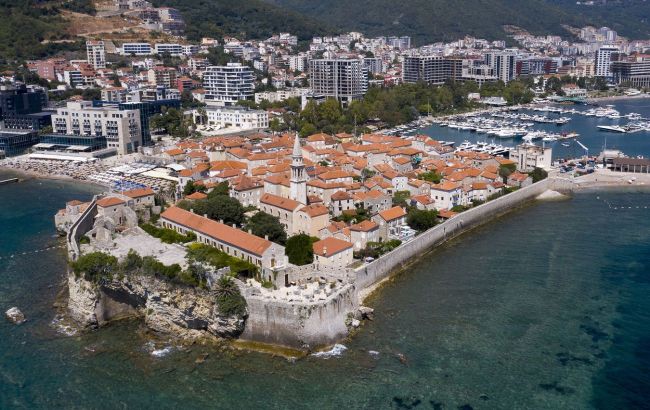Montenegro tightening visa rules for Russians to align with EU policy
 Montenegro (photo: Getty Images)
Montenegro (photo: Getty Images)
Montenegro will tighten visa rules for Russian citizens to align with EU policy, according to an interview with Montenegrin Prime Minister Milojko Spajić published by Euronews.
Montenegro must tighten visa requirements for Russians to align with the European Union's policy, which it hopes to join by 2028.
At present, Russian citizens can stay in Montenegro without a visa for up to 30 days with a valid passport. For this reason, many of them visit the country.
Spajić emphasized that Montenegro fully adheres to the EU's Common Foreign and Security Policy (CFSP) — a key requirement for EU membership — including on this issue.
"Even before having membership status and membership benefits, we behave as a member state," the prime minister said.
Montenegro is expected to align its visa policy with the EU's to become the 28th member state.
Montenegro has also already abolished its visa-free programs for citizens of Armenia, Uzbekistan, Kuwait, and Egypt, aligning them with EU policy.
EU tightening visa regime
According to Politiko, cited by RBC-Ukraine, the European Union is preparing to toughen the rules for issuing Schengen visas to Russian citizens by the end of the year.
The EU had earlier suspended the visa facilitation agreement with Russia. However, the issuance of visas remains the responsibility of individual member states.
Their national policies differ significantly: some countries — such as Poland, Czechia, Finland, Latvia, Estonia, and Lithuania — block or severely restrict the issuance of visas to Russian citizens, while others, including Hungary, France, Spain, and Italy, continue to issue them more liberally.
The interior ministers of the Baltic states, the Nordic countries, and Poland agreed to ban entry into the Schengen Area for Russian citizens who took part in aggression against Ukraine.
In addition, the German government intends to push for tougher restrictions on granting visas to Russian citizens for travel to Schengen countries as part of the new EU sanctions package.


